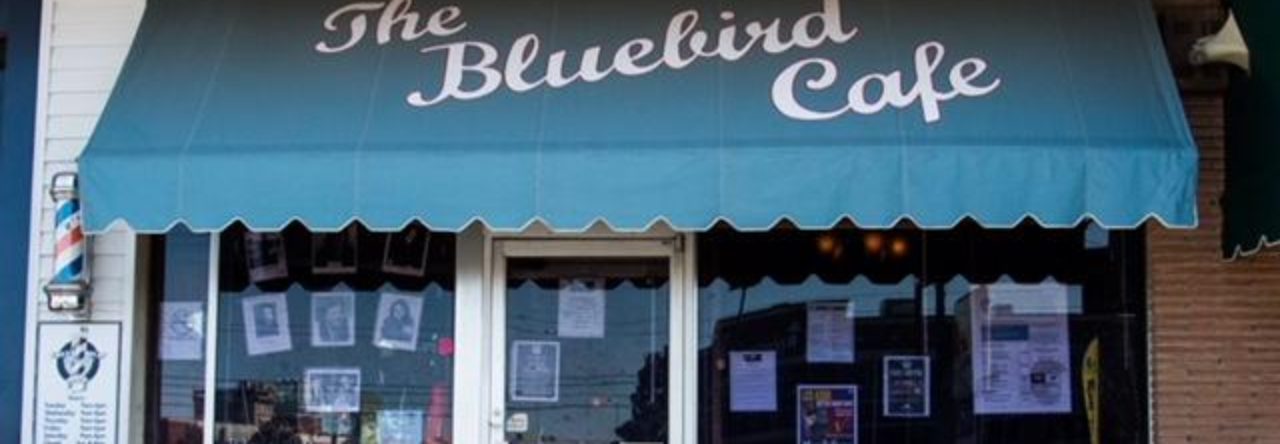“I don’t know how these stories get started, but I do not approve nor sanction the upcoming film about Judy Garland in any way. Any reports to the contrary are 100% fiction.” So said the largely MIA Liza Minelli about the bio-pic “Judy”, which focuses on her mother, Judy Garland. The performance should earn Renee Zellwegger an Oscar nomination for Best Actress.
Zellwegger’s singing is good, too, complete with the awkward, nervous, arm-flailing delivery that those of us old enough to remember the real Garland associate with her.
“Judy” focuses on Judy Garland’s final shows in London at the Talk of the Town nightclub in 1969. She appeared for a five-week run that paid her $2,500 pounds weekly ($3,085 in dollars).
At that point in time Judy was considered unreliable and her life-long addiction to uppers and downers, dating from her childhood studio days, was contributing to her quickly failing health. She would be dead three months after these appearances, on June 22, 1969, at the age of 47.
THE GOOD
Acting: Renee Zellweger’s performance inhabiting the neurotic Judy Garland is the best thing about this bio-pic. It was nice seeing Finn Wittrock (“Write When You Get Work,” “American Horror Story”) finally get a chance at a “big” film, playing her last husband Mickey Deans, although the chemistry he and Zellweger generate was muted, at best; the film is very chaste in terms of depicting Judy Garland’s long history as a sexual being. The studio forced Garland to abort Tyrone Powers’ child in 1943 and, earlier, to end an “unapproved” pregnancy in 1941. We get no sense of Judy’s first 3 husbands. Vincent Minnelli (father of Liza) is omitted. Only Sid Luft and the 12-years-younger Mickey Deans are depicted, even though Deans was married to her for less than 3 months. Others deserving praise for their performances would include Darci Shaw as the young Judy Garland, and Jessie Buckley as Rosalyn Wilder, who is assigned to ride herd on the unreliable songstress during her London run.
Music: The quintessential Garland classics tell the story through familiar lyrics.”I’ll go my way by myself, I’m by myself, alone. I’ll have to deny myself love and laughter and friends…No one knows better than I myself know.” Or, later: “For once in my life I won’t let sorrow hurt me” or “As long as I know I have love in my life I can make it.” Zellweger has not sung since “Chicago” in 2002; she is terrific.
Costuming & Make-Up: Jany Temime does a fantastic job of dressing Renee as Judy. I did wonder how an actress who is supposed to be so broke found the money for such elaborate outfits and furs. The make-up and hair folks deserve plaudits for transforming Zellweger into a passable Garland. There were about 13 credited make-up folks and it took them 2 hours. It wouldn’t surprise me if they, too, snagged Oscar nominations on February 9, 2020.
THE BAD
Unnecessary Backstory: The opening “set up” of Judy speaking with L.B. Mayer on the set of “The Wizard of Oz” is used to establish the pattern that most of us already knew. The studio forced the 4’ 11 ½” Garland to diet and plied her with pills to keep her performing in good voice. Then it was barbiturates to help her to sleep. In her adult years, Judy became an insomniac, an alcoholic, and died of a barbiturate overdose that was deemed accidental, despite a couple of earlier documented suicide attempts.
Doting mother? The film insists that Judy was a devoted mother and depicts her traveling in a cab late at night with her two children by Sid Luft, Lorna and Joseph. They are turned away from their hotel for non-payment of the bill and end up going to Sid Luft’s house. The children appear to be of elementary school age—certainly not more than junior high school age—yet the setting for the film is 1968-1969. At that time, the two Luft children would have been about 13 and 16. Liza Minnelli, age 22 or 23 then, is shown only in a brief party scene where Judy “meets cute” with Mickey Dean (he actually met her while delivering illicit drugs.)
With the ages of her offspring much older than what is portrayed, the heart-rending conversation from an old-style red British phone booth where Judy more-or-less “gives up” her children becomes less touching. Judy stayed in London for three more months after her run at the Talk of the Town ended, ultimately dying at a rented house on Cadogan Lane, Belgravia, London, found by her fifth husband of only 3 months, Mickey Deans, in the bathroom on June 22, 1969. There is also a suggestion that ex-husband Sid Luft lost much of Judy’s money at the race track. Other sources say that subsequent managers after Luft mismanaged and embezzled her earnings. (One of them was Freddy Fields, husband of Polly Bergen).
This Rupert Goold adaptation of the stage play “End of the Rainbow” scripted by Tom Edge and Peter Quilter has been called “bland” by some critics and “melodramatic” by others. The scene with Judy befriending a gay couple was praised by some and castigated by others as implausible. The film really is most alive and engrossing whenever “Judy” sings. It soars in those scenes.One thing is certain: Renee Zellweger does a fantastic job of inhabiting and interpreting the trials and tribulations of a troubled icon.

